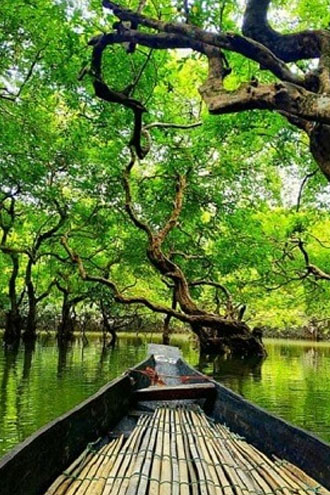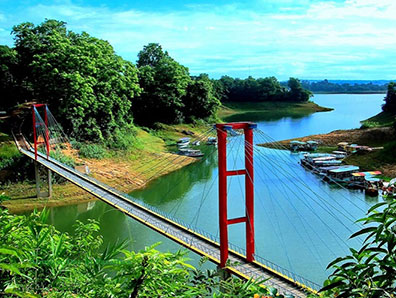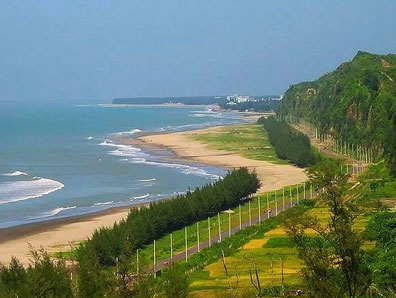Tunisia is a country located in North Africa, bordered by Algeria to the west, Libya to the southeast, and the Mediterranean Sea to the north and east. Its capital and largest city is Tunis. The official language is Arabic and the currency is the Tunisian dinar. The country has a population of around 11.8 million people.
Tunisia has a diversified economy, with significant contributions from agriculture, mining, manufacturing, and services. The country is a leading exporter of phosphates, which are used in fertilizers, and it also has a growing tourism industry. Tunisia has a relatively high standard of living compared to other countries in the region, and has made progress in areas such as poverty reduction and access to education and healthcare.
Tunisia has a long history, with influences from Phoenician, Roman, Arab, and French cultures. The country gained independence from France in 1956 and since then it has had a history of political stability. However, after the 2011 revolution, the country has been facing a political and economic crisis.
Tunisia is a republic with a presidential representative democratic system of government. The country has a bicameral legislature, with the Assembly of the Representatives of the People as the lower house and the Assembly of the People's Advisors as the upper house. The judiciary is independent of the executive and the legislature.
Tunisia is known for its rich culture, with influences from its long history. The country is renowned for its traditional pottery, textiles, and jewelry, and for its vibrant festivals and ceremonies. Tunisian cuisine is also known for its delicious and flavorful dishes, which are influenced by the country's Mediterranean, North African, and Arab heritage.


